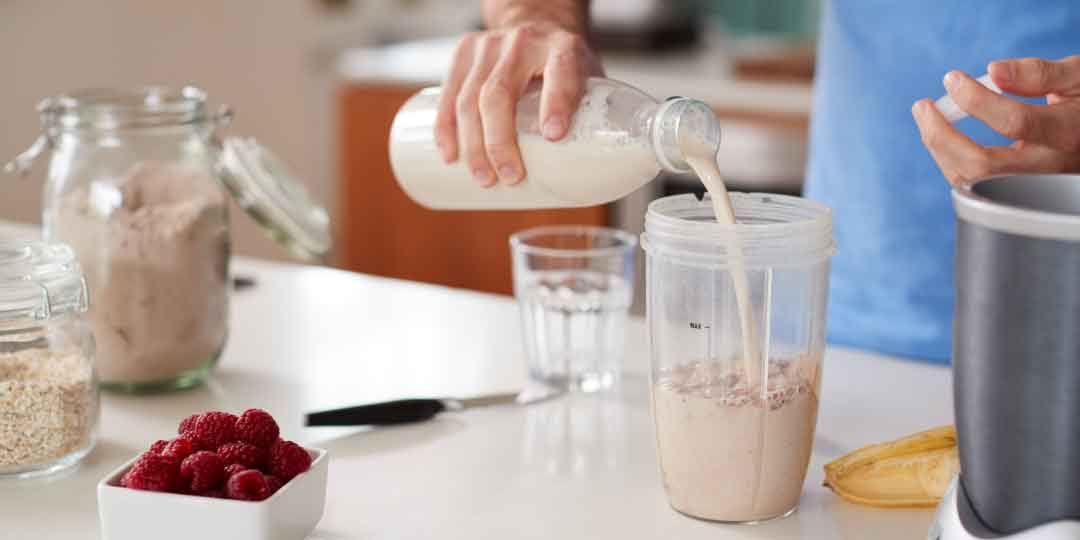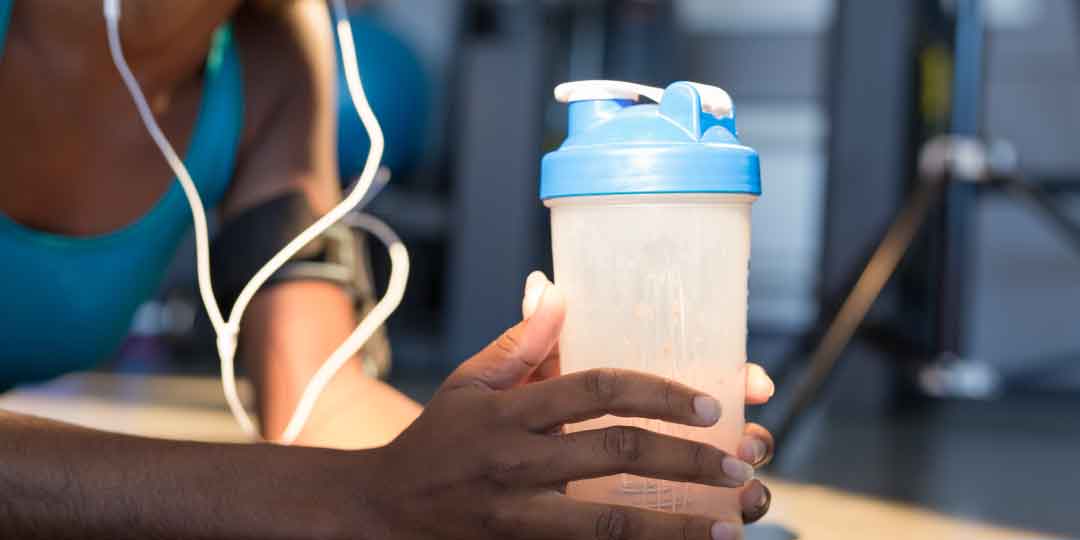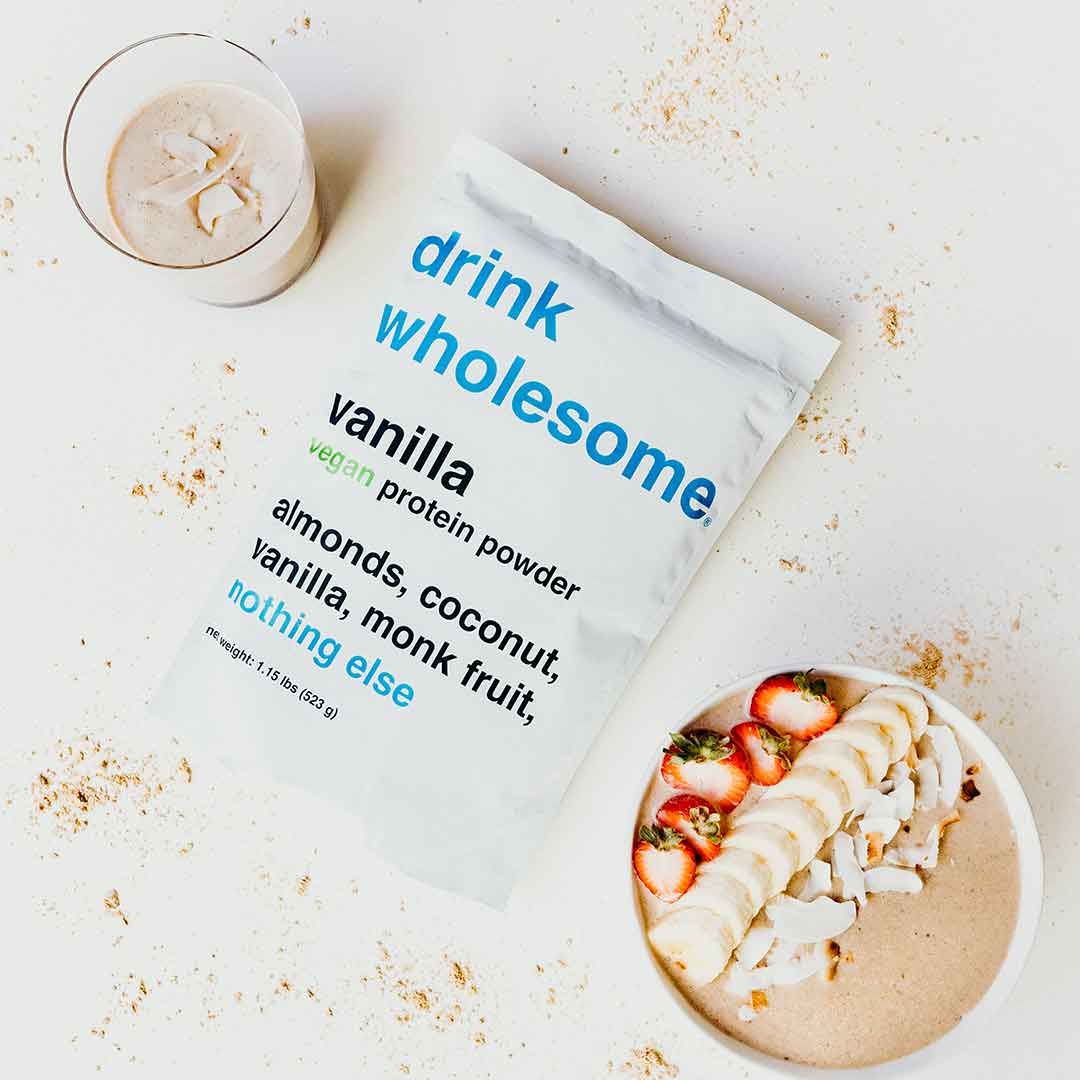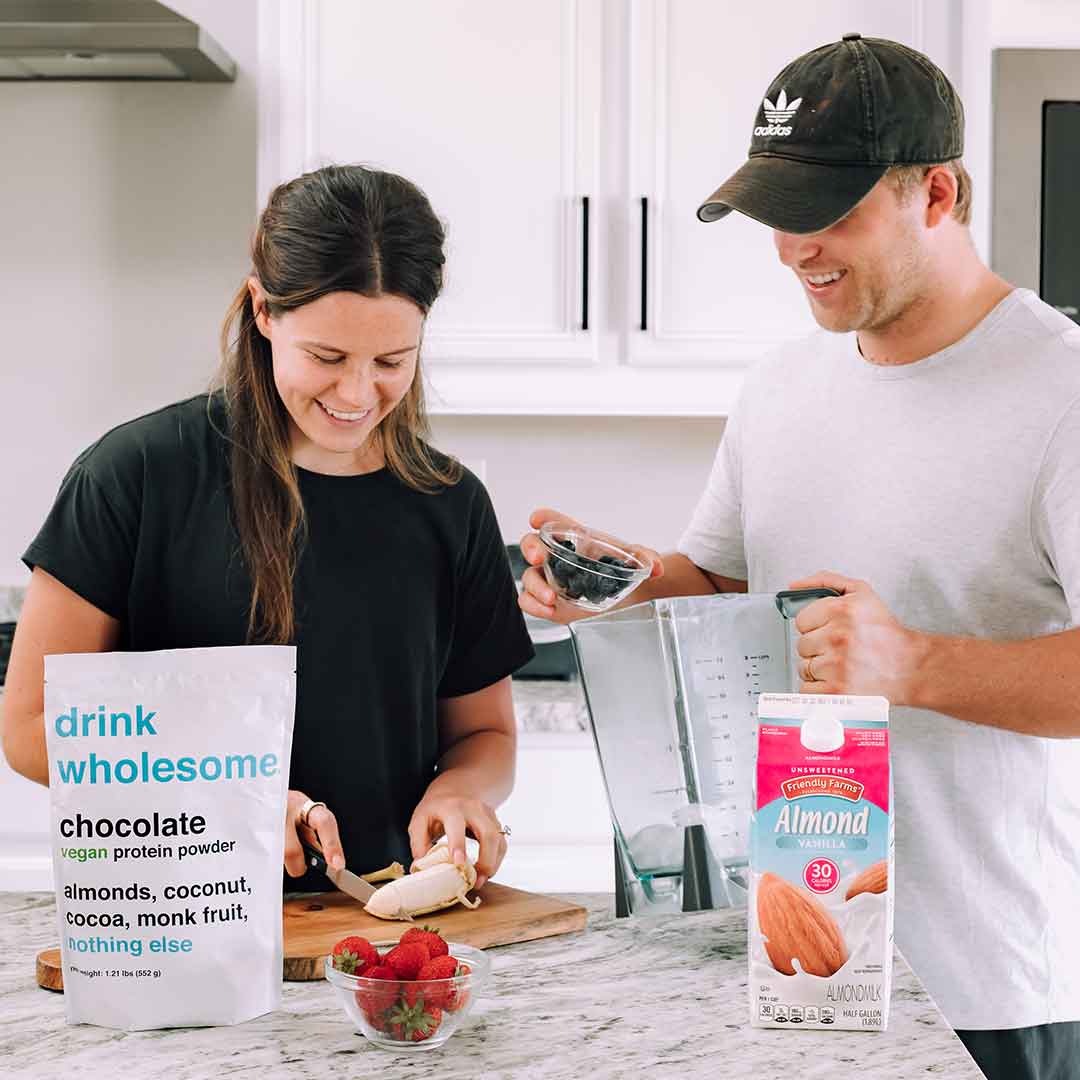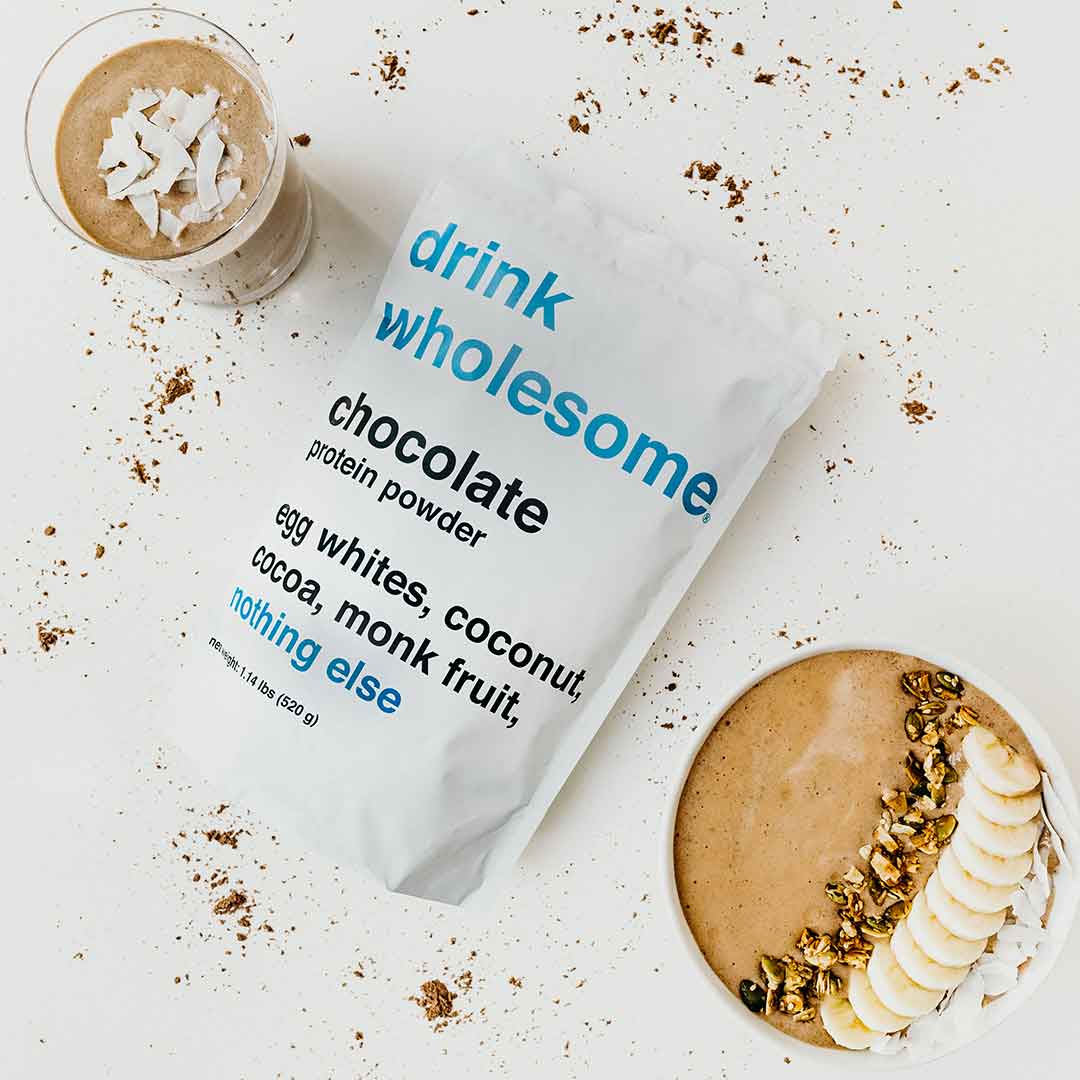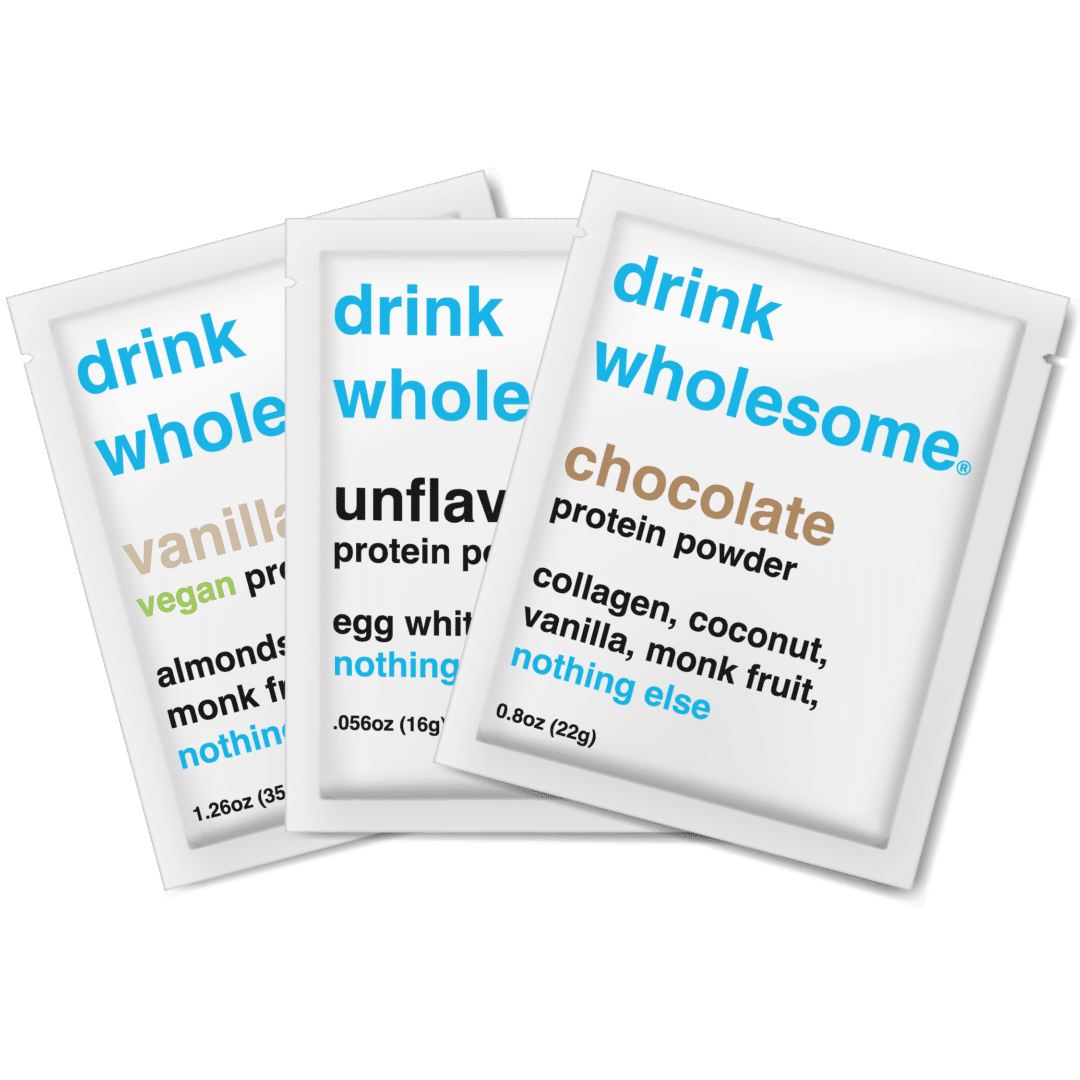Protein shakes can cause constipation.
Written by Jack Schrupp & endorsed by Baylee Reller, RDN
Can protein shakes cause constipation?
Although a common side effect of protein shakes and shakes is diarrhea, many people report that protein shakes also cause constipation. Constipation occurs when you have fewer than three bowel movements a week and your poop is hard and difficult to pass. Common symptoms include bloating and stomach pain. If your protein supplement causes constipation, you have come to the right place. In this article, I will explain what to do if you are constipated, and why many protein shakes cause constipation.
Protein shake constipation relief.
If you are constipated, and looking for relief, try the following remedies. Keep in mind that everyone is different, and that what works for you might not work for someone else. Also, remember to be patient; most of these remedies take 12 to 72 hours to work. If I were you, I would start with number 1 and work my way down the list.
1. Drink water – Drinking lots of water, especially warm or hot water in the morning, can help you poop.
2. Exercise – Movement can stimulate the muscles in your digestive system.
3. Eat more fiber – Fiber increases the size of your stool, which helps it move through your digestive tract. It also softens your stool, making it easier to pass.
4. Drink coffee – Caffeine can also stimulate the muscles in your digestive system
5. Use a laxative – If all else fails, try a laxative. Most laxatives can be purchased over-the-counter, and will usually quickly induce a bowel movement. I put use a laxative last on the list because laxatives have potential side effects, such as allergic reactions and vitamin deficiencies.



